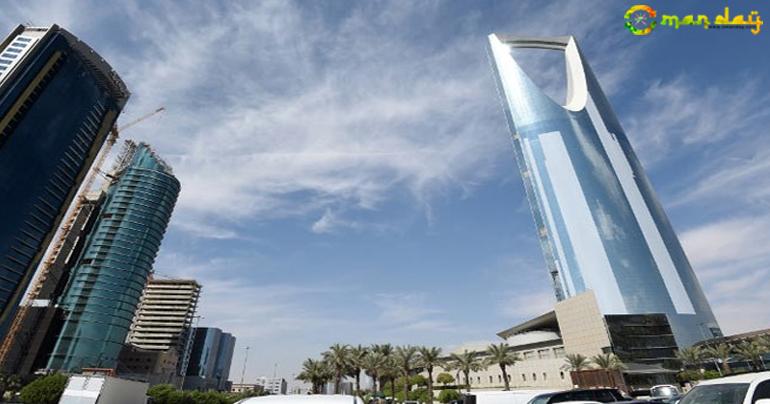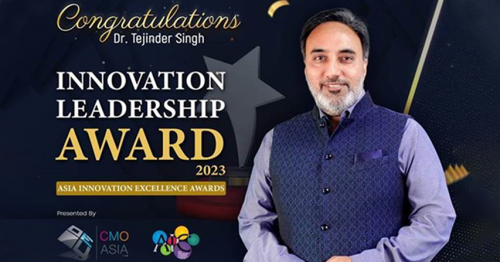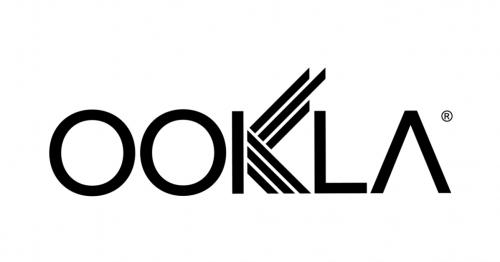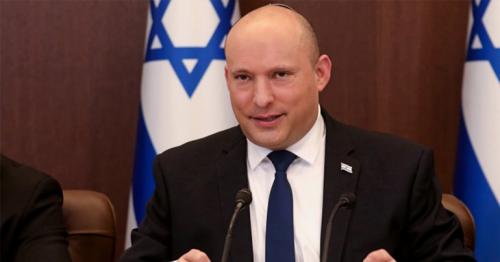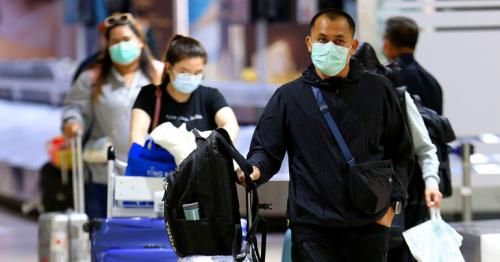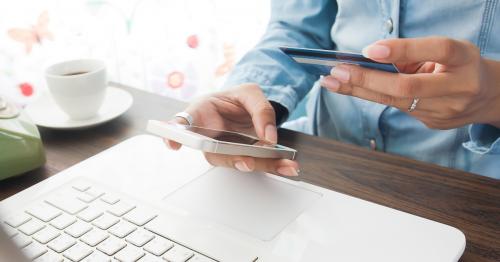Saudi Arabia Freezes More Bank Accounts In Crackdown
Saudi Arabia’s crackdown on alleged corruption showed no signs of letting up, with more people being questioned and banks freezing more accounts, according to people familiar with the situation.
Almost seven weeks after the purge started, authorities are detaining new suspects and releasing some of those held, the people said, asking not to be identified because the matter is private. The Saudi Arabian Monetary Authority is also telling banks to freeze the accounts of more individuals who aren’t under arrest and people linked to them, the people said.
The government’s Center for International Communication didn’t immediately respond to requests for comment. SAMA referred questions to the public prosecution, which didn’t immediately respond to requests for comment.
The authorities are hoping to reach agreements with detainees, who include royals and billionaires such as Prince Alwaleed bin Talal, “within weeks,” Attorney General Sheikh Saud Al Mojeb said earlier this month. The kingdom is hoping to recover as much as $100 billion from settlement deals made with detainees.
Bank accounts of 376 individuals, all of whom are either detainees or people linked to them, have been frozen as a “precautionary measure,” Al Mojeb said. Some suspects being held are starting to make payments to settle cases in exchange for freedom, he said.
Settlement Proceeds
Prince Miteb bin Abdullah, one of the most senior royals detained in the crackdown, was released at the end of November after reaching a deal believed to exceed the equivalent of $1 billion, according to a senior Saudi official.
The government is setting up an asset management committee to handle the proceeds of settlement agreements, people familiar with the matter said earlier this month. Hani Halawani, head of direct investments at Sanabil Investments, part of the Public Investment Fund, will help run the organization, the people said.
Any funds that are handed over to the state as part of settlement agreements will ultimately go into the budget and be used to fund government projects and services such as education and healthcare, Finance Minister Mohammed Al-Jadaan told Bloomberg TV on Tuesday.
tag: international-news , business
Share This Post

